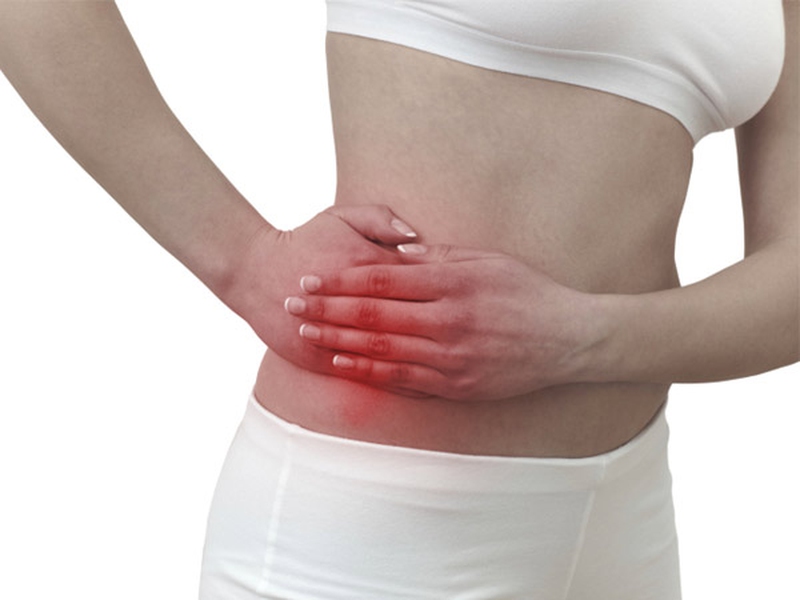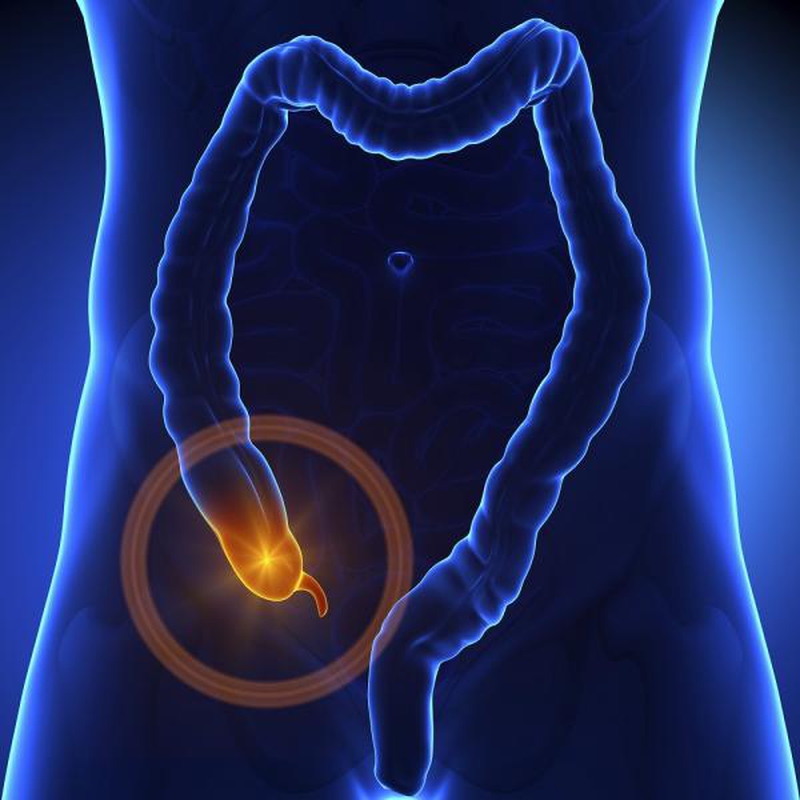We all carry this 3 ½ inches long tube (appendix) adjoined to the large intestine. Actually, it does not have any function to perform in our body. We can do well even without it. But it can turn into a painful and even deadly condition if it is infected. This severe condition is called appendicitis and it causes an intense abdominal pain. Does appendicitis pain go away easily? Let’s find out.

Can Appendicitis Pain Go Away on Its Own?
Appendicitis pain goes away but not permanently. There have been cases where patients reported occasional pain in appendix, but it may reoccur at any time. You can’t get rid of it without following some treatment. Taking some over the counter pain pills may relieve the pain for a short time, but that too is not the ultimate solution. Instead of delaying the cure, you are recommended to get it checked as soon as possible. If your appendix gets ruptured, it can be quite threatening for your well-being.
What Causes the Pain?
Once your appendix has a blockage, you get the bacterial infection inside. The bacteria in the appendix tend to multiply shortly, causing you to have pain, inflamed and filled with puss appendix (ready to burst anytime).
What is the Exact Site of Pain?
Normally, the pain occurs in the lower right bottom. But that may vary by different factors like your age or the positioning of the appendix. For example, a pregnant woman would experience pain on a different spot. She would feel it in the upper part of her abdomen and not in the lower one. That happens because in pregnancy, your appendix tends to be on a higher spot.
How to Identify Appendicitis Pain
Pain in your abdominal area can be resulted from a number of reasons. Don’t conclude it to be appendicitis on your own. Normally, Appendicitis pain is quite dull in the beginning. But as time passes, this pain extends from the belly button area, all the way to the lower right bottom (exact location of appendix) of your belly. Some other signs are:
This pain may occur any time, even while you are sleeping.
It may flare up to high intensity within hours.
Pain is normally followed by other symptoms like fever, nausea and vomiting.
Pain intensifies as you walk around, sneeze or have a deep breath.
Any type of sudden jerk (like driving over some speed breaker) tend to spike the pain.
When you are in pain, you lose your appetite.
Other symptoms include:
Swelling on the abdomen
Fever (99 to 102 Fahrenheit degrees)
Gas blockage
You might also have painful rectum or back
Pain while urinating
Abdominal cramps
Diarrhea or constipation with excessive gas
Tenderness on the right side of abdomen
You feel pain as your right knee moves
Abdominal bloating
What to Do if You Have Any of These Symptoms?
If you happen to have one or more of the above-mentioned symptoms, do not waste your time in thinking about how does appendicitis pain go away. There have been several cases reported where the patient died immediately after having a ruptured appendix. What you need is to get to ER or call 911 for immediate action. Avoid application of different reliving methods without consulting the GP. Using laxatives, pain killers, antacids and heating pads may cause the flaring up of the inflamed appendix.
How Is Appendicitis Diagnosed?
Diagnosing appendicitis can be a bit tricky as its symptoms are quite similar to other abdominal pains like gastritis, gallbladder pain and other intestinal infections. Here are a few procedures that a patient has to go through to get it confirmed perfectly.
CT scan, X-ray and ultrasound of the painful area to look for the abscess
MRIs can be done to get a detailed imaging of the internal organs to detect the infection
Urine test to ensure that the pain has nothing to do with urinary tract infection or a kidney stone
Blood test to detect any infection
You might have to go through a pregnancy test to detect any chance of ectopic pregnancy
Rectal exam
Pelvic examination to check for any pelvic infection or reproductive problems (in women)
You might be asked to go for a chest X-ray to detect any possibility of right lower lobe pneumonia (both share similar symptoms)
What Are the Ways of Treating It?
Appendectomy or surgery of the appendix is considered best to keep the patient safe from the possible rupturing of the appendix. There are two ways to deal with it—if appendix is diagnosed with abscess, the whole puss and contaminated fluids can be drained from it or the whole appendix is removed safely through a laparoscopy (keyhole surgery) or an open surgery (optional).
Does Appendicitis Pain Go Away Using Antibiotics?
There have been cases where doctors have tried to use antibiotics as an alternative to surgery. But that was done in less complicated cases (where appendix had inflammation but no bursting). Many of the cases were successful. But at the same time reports suggest that the pain reoccurred at some point of time. In short, appendicitis might be treated by using intravenous antibiotics, but only in the milder cases. But for a complicated and flared up appendicitis, removing it is the best option.
Can We Prevent this Pain?
We often find people asking us, how does appendicitis pain go away? Can we prevent it? Sadly you can’t actually prevent appendicitis. But there are ways to lower the chances of falling victim to it. People who tend to have more fibrous intake (fruits and vegetables) in their diet, are less likely to face this problem.


View All Comments /Add Comment